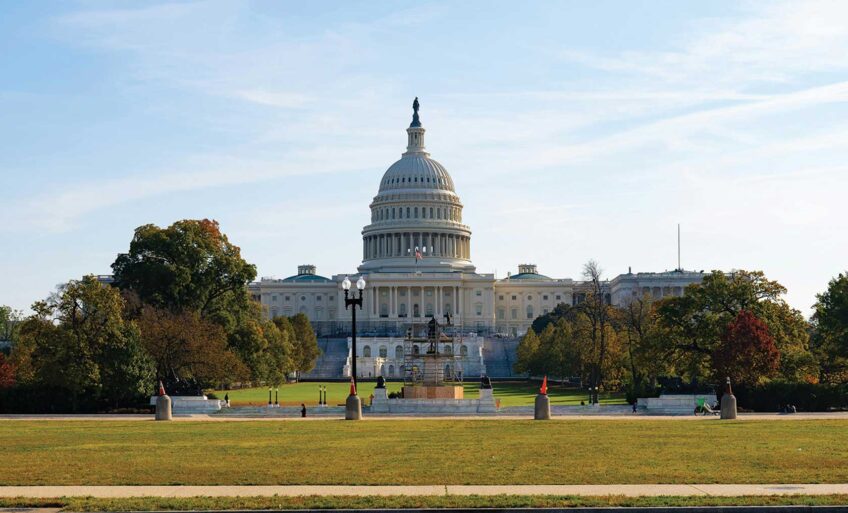Police details in the City of Boston
The Boston Police Department is the country’s very first police department, as well as the finest. The men and women who put their lives on the line each day for our safety deserve our utmost respect and ample compensation for their devotion and work.
Gov. Deval Patrick has taken steps to update state law that requires state police details, rather than civilian flaggers, for construction projects on state roads. The state budget pays for those police details. The governor says by using civilian flaggers the state stands to save money.
The City of Boston has its own ordinance, adopted in 1966, that requires the use of police details for city street openings. However, in Boston the police details are not paid for by the city budget, but by the utility or construction company that is doing the work. Last year, the tally was over $30 million.
This may be an ideal arrangement, an example of the kind of public-private partnership that benefits the city: putting officers on the street, augmenting public safety and supplementing police officers’ compensation — all without the use of city tax revenue.
It may be. But we’ll never know unless we ask questions. There has been no review of the city ordinance, no examination of its effectiveness, since it was enacted over 40 years ago.
As the chair of the City Council’s Post-Audit and Oversight Committee, it’s my duty to evaluate ordinances and determine if they are effective and efficient.
I am holding a fact-finding hearing on police details next Thursday because I believe asking questions is central to our democracy and a requirement of good government. The more we know about how things work in our city, the better off we are.
We will assemble the facts, examine the record, ask questions and encourage an active dialogue among our citizenry. This is how we improve government and our city. It is particularly important for those policy issues where misconceptions and misunderstandings may exist.
Here are some questions to which we seek answers:
– How much of the $30 million cost of police details is born by the public utility, and how much of it is passed on to the customer?
– How does the presence of a police officer, as opposed to a flagger, enhance the safety of the construction site and the neighborhood?
– What difference would it make to utility customers, motorists and neighborhood residents if some details were done by a flagger rather than police officers?
– What difference would it make to police officers, their income and their ability to do their primary job?
– What difference would it make to the construction crew doing the work?
– What difference would it make to the safety of our city?
The entire purpose of the hearing is to ask these questions in a manner that is fair and objective. It is also to encourage stakeholders in this issue to talk to — and listen to — one another. This is the only way to solve problems in a democracy.
Do I have the answers? Absolutely not.
What I do know is that many people have strongly held views about this matter. And any change that may come from our fact-finding hearing — if there is any change at all — will have to acknowledge their legitimate claims.
If we decide to make a change, we will have the facts to begin. If we decide it’s best to keep the current system, we still will have learned something in the process.
As emotional and, yes, uncomfortable as the debate may become, an airing of the facts and the public debate is a win for transparency, democracy and good government. That is no small victory.
City Councilor-at-Large Sam Yoon will hold a public hearing on the Boston Police Detail ordinance at 1 p.m. on Nov. 13, 2008 at Boston City Hall, 5th Floor.






